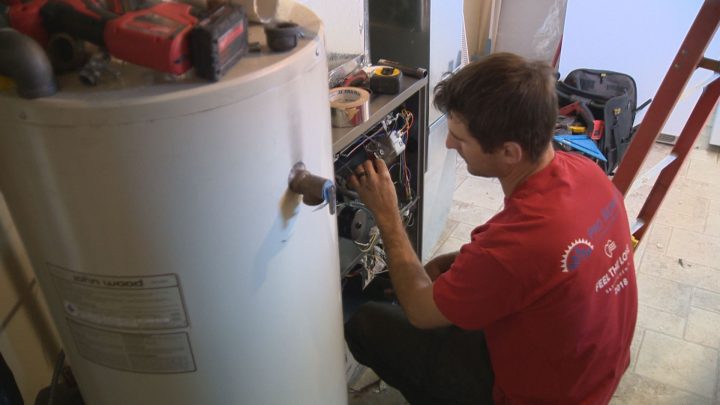A new program in Saskatoon to assist homeowners with energy efficiency upgrades is looking to expand.

Although there have been many successes, Amber Weckworth told a city committee on Monday that challenges have arisen since the Home Energy Loan Program (HELP) was launched last year.
“For example, there are only two companies that offer EnerGuide audits, causing long wait times. Many companies require deposits, and these can range anywhere from 30 to 50 percent,” said Weckworth, the city’s manager of climate strategy and data.
There has been lower uptake for the program from income-qualified participants, she said.
Weckworth is looking for city council to increase the income threshold for homeowners and approve $10 million in funding from the Federation of Canadian Municipalities.
HELP launched on Sept. 1, 2021, with $2.5 million available to loan to homeowners — enough for 100 participants with an average loan of $25,000.
Under the program, expenses for retrofitting homes to make them more energy efficient are paid through property taxes, allowing homeowners without capital to make the changes while reducing their energy bills.

Get daily National news
To date, the city has received 335 applications — 69 have been approved for funding.
The average loan amount to date is $29,700 with the total value of all approved projects under construction at just over $510,000.
- Trump slams Canada as U.S. House passes symbolic vote to end tariffs
- ‘We now have to figure out how to live life without her’: Mother of Tumbler Ridge shooting victim speaks
- Carney, federal party leaders to attend Tumbler Ridge shooting vigil Friday
- Mental health support after Tumbler Ridge shooting ‘essential,’ experts say
FMC funding would enable HELP to offer more loans while providing rebates and an education program, Weckworth said.
“These education and capacity-building programs can be offered to all residents in Saskatoon, not just HELP participants,” she said.
“They are still being developed, but are likely to include a citywide energy map, a renovation concierge platform, training, education and resources for contractors, builders, realtors and stakeholders.”
She said the preferred option for rebates is providing income-qualified homes free, low-cost items that can improve energy performance while also providing standard rebates to participants with homes built in 1990 or earlier.
“It maximizes the rebate budget available, which means providing rebates to more households while still targeting the most impactful retrofits and building types and providing additional benefits to income-qualified participants,” Weckworth said.
“This option is estimated to have the highest of the GHG reductions.”
Funding from the FCM will help strengthen the HELP program, said Ward 8 Coun. Sarina Gersher.
“I know there were some recommendations about potentially partnering with financial institutions or other entities to put in a sustainable funding source to move us further than four years,” she said.
“But I’m also very excited to have the support of FCM to be able to enhance the program before us and really be able to respond to, I think, the high interest from our community and being able to address energy retrofits in their homes.”
The recommendations from the committee will now head to city council for approval.









Comments
Want to discuss? Please read our Commenting Policy first.